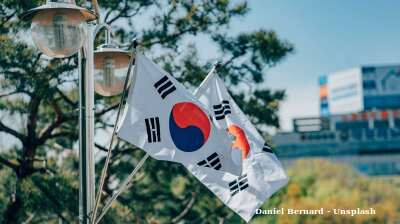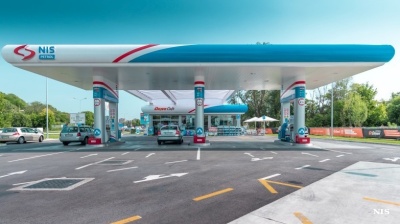Hundreds of students from across Serbia are marching on foot to the northern city of Novi Sad ahead of a November 1 commemoration marking one year since the collapse of a railway station canopy that killed 16 people — an event that sparked a year of protests.
Groups of students have set off from cities including Novi Pazar, Cacak and Kraljevo, documenting their journey on social media. They are joined along the way by supporters offering food, flowers and embraces. A group from Novi Pazar, began a 340-kilometre journey on October 16 under the banner “16 Days for 16 Victims.”
Their arrival in Belgrade on October 28 drew large crowds, fireworks and banners bearing the time of the tragedy — 11:52 a.m. — as a reminder of the moment the canopy fell. Among those marching was Diana Hrka, whose son Stefan was among the victims.
The main commemoration in Novi Sad will begin at 11:52 a.m. on November 1 in front of the railway station, followed by 16 minutes of silence and speeches by students. Organisers from the University of Novi Sad said the event is “exclusively dedicated to the victims and their families” and will not feature political demands.
Yet the anniversary comes at a volatile moment for Serbia’s leadership. A year after the tragedy ignited a wave of demonstrations, sit-ins and blockades, President Aleksandar Vucic’s government faces a convergence of political, economic and diplomatic challenges that have tested his decade-long dominance.
The ruling Serbian Progressive Party (SNS), in power since 2012, is confronting its most persistent opposition in years. Economic strain has deepened with US sanctions on oil firm NIS and a series of factory closures, while diplomatic pressure mounts over Belgrade’s balancing act between the European Union and Russia. Moscow’s refusal to renew a long-term gas deal has brought further uncertainty.
The Novi Sad commemoration will serve as a barometer of public sentiment — and a test of whether the protest movement that emerged after the disaster still holds the power to shape Serbia’s political course.
News

Viktor Orban facing delicate balancing act to persuade Donald Trump to ease pressure on Hungary over Russian sanctions
The Hungarian prime minister, long admired in MAGA circles and hailed by Donald Trump as a “great leader” now finds himself for the first time at odds with the US president over the latest US sanctions on Russia.

Trump–Xi dialogue in Busan aims to cool tariff dispute
US President Donald Trump and Chinese President Xi Jinping began direct discussions on October 30, marking their first in person meeting since Trump returned to the White House.

South Korean parties clash over tariff deal with the United States
The Democratic Party has celebrated the deal as a diplomatic success that protects national interests, while the conservative People Power Party argues that the government misled the public about the scale of South Korea’s cash investment in the US

Hasina says supporters to boycott Bangladesh election
Hasina asserted that millions of her and Awami League’s supporters are expected to boycott the upcoming 2026 national polls after authorities barred the party from taking part.




